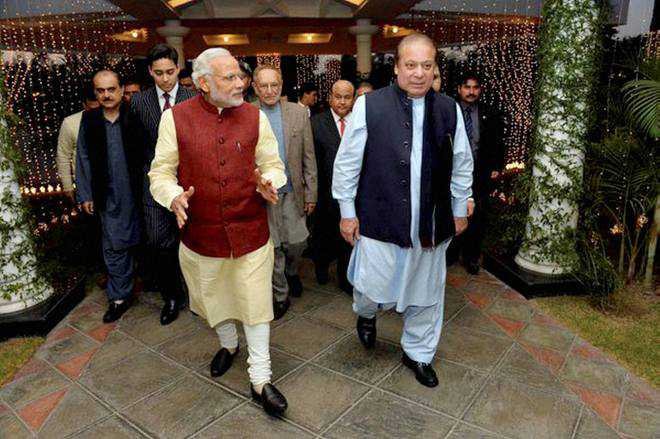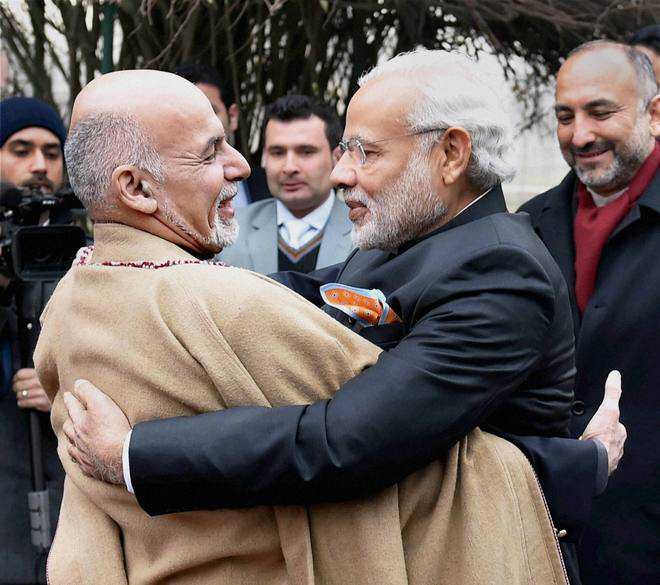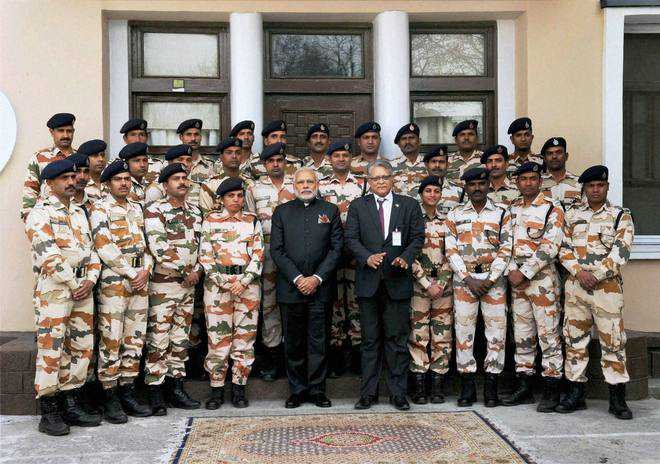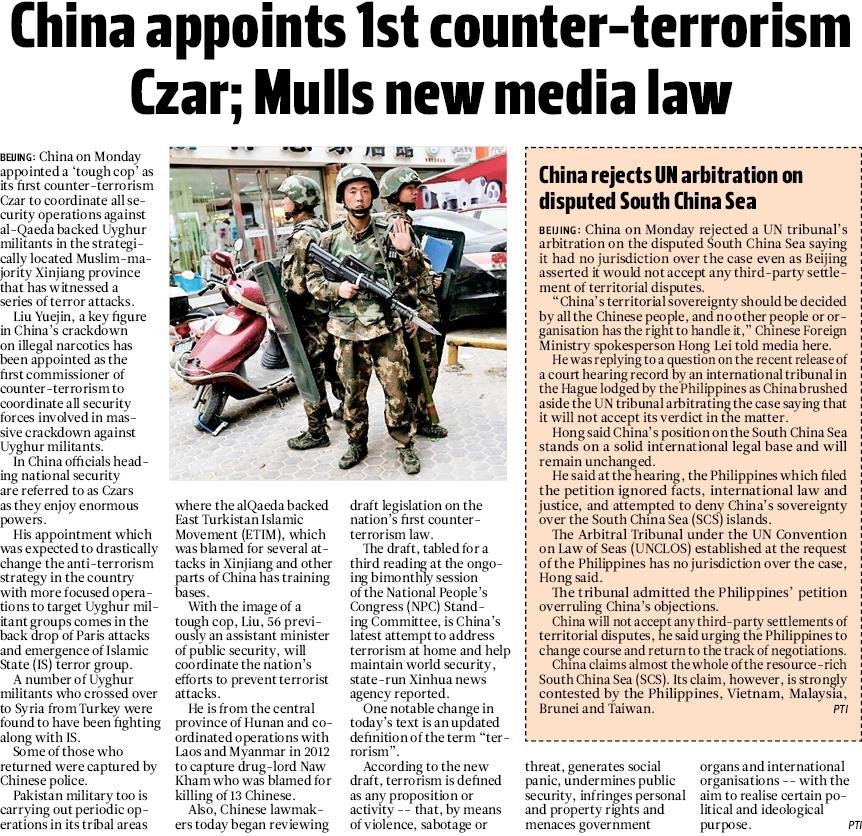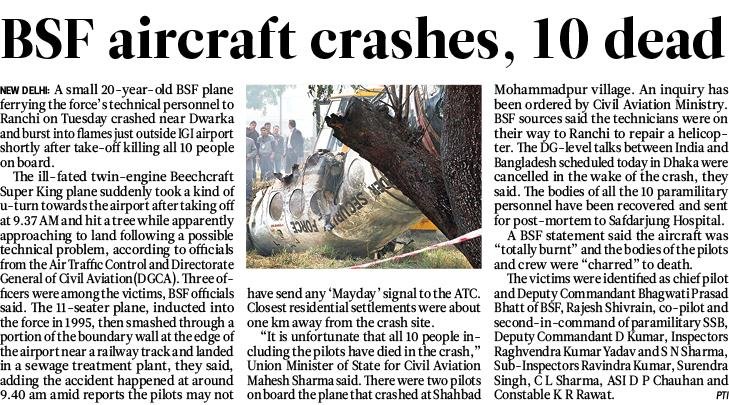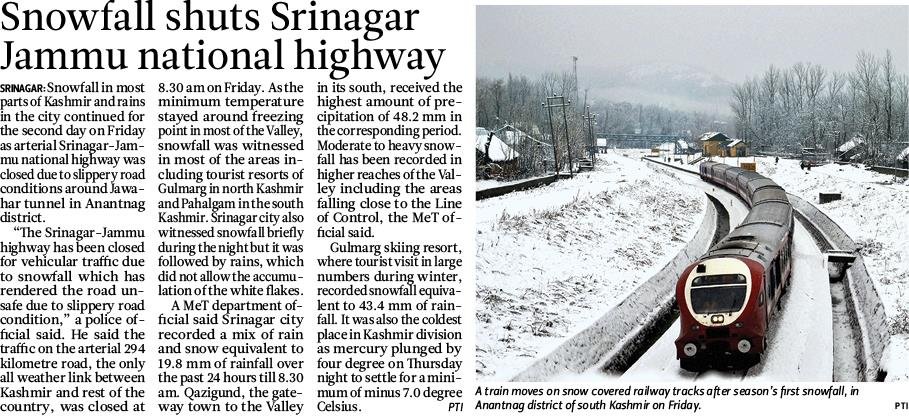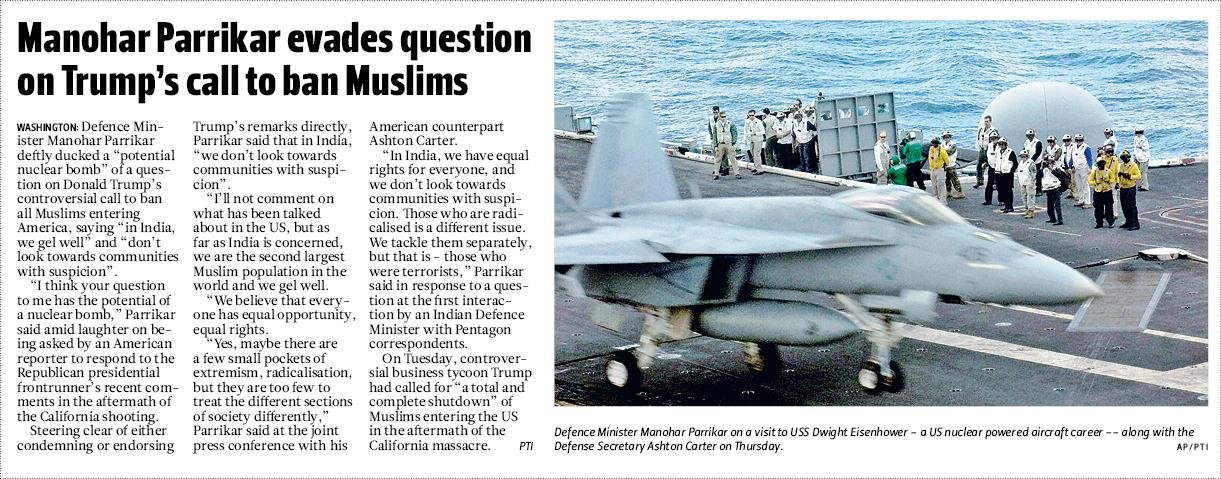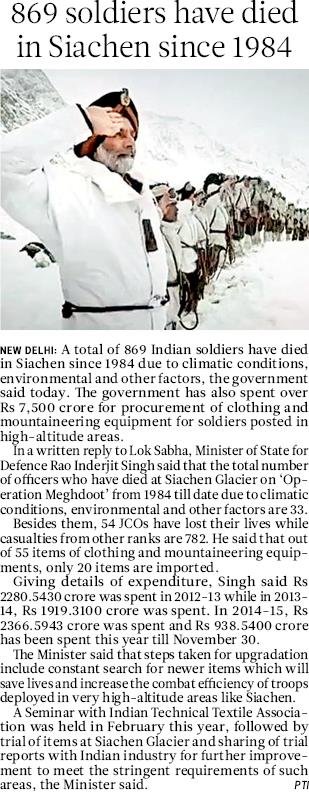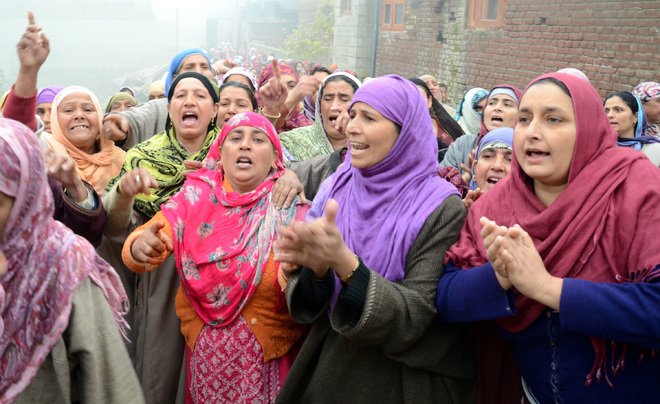Simran Sodhi,Tribune News Service,New Delhi, December 26
During his “surprise” visit to Pakistan yesterday, Prime Minister Narendra Modi discussed the means to take forward the bilateral talks with his Pakistan counterpart Nawaz Sharif.Sources privy to the discussions said the two leaders assessed the Bangkok meeting of the National Security Advisers (NSAs) and External Affairs Minister Sushma Swaraj’s recent visit to Pakistan, where she met Sartaj Aziz, Foreign Adviser to the Pakistan PM.Sources said the two leaders “agreed to keep talking” amid a realisation that there were elements who would disrupt the process. “It was a personal meeting between the two Prime Ministers and by stopping over in Lahore, Modi wants to send across a message that leaders should be able to visit each other normally, without any hype,” a source said.Sources also discounted reports that the two leaders discussed Kashmir though Pakistani news channel Geo TV claimed: “The two leaders reportedly discussed a range of bilateral issues, including Kashmir.”Though projected as a surprise visit, Modi’s Lahore stopover now appears to have been planned with a few being informed about it.Modi had travelled to Russia in an Air India Jumbo flight. However, an Indian Air Force plane later reached Russia with greater security apparatus onboard, which surprised quite a few people. In a parallel move, security personnel were moved from Delhi to Kabul for the PM’s Friday stopover.Once the PM’s trip to Russia got over, most of the official delegation boarded the Air India flight and returned to the National Capital. However, Modi along with National Security Adviser Ajit Doval, Foreign Secretary S Jaishankar and a few other officials boarded the IAF plane for Kabul. Sources said there was some speculation of a possible stopover in Pakistan but Sharif was in Lahore, not in Islamabad. Later, Modi called up Sharif to convey birthday greetings and reportedly told him that he would have loved to meet his Pakistan counterpart, who was busy with his granddaughter’s wedding in Raiwind, near Lahore. To this, Sharif reportedly replied that they could meet in Lahore.However, the arrangements in place point to the fact that the plan to stop by in Lahore was already in the PM’s mind, with very few people in the PMO and MEA being aware of it. One, the enhanced security arrangements in Kabul were a sign that the security setup would give them the leeway to stop in Lahore. Geo TV in Pakistan reported that the visit “was not that surprising” as the Lahore Air Traffic Control had been told about it on Thursday.Apparently, the plan was kept a secret even from the Indian High Commission officials in Islamabad who were informed about it only in the noon after which they rushed to Lahore.





















































